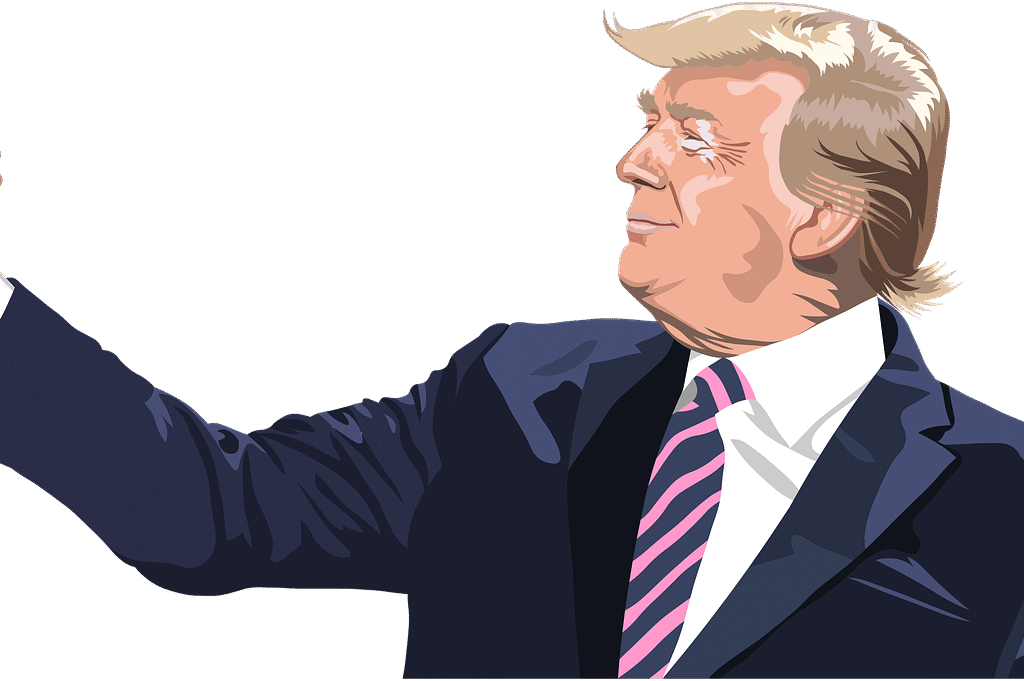A surprise ceasefire agreement between Iran and Israel, announced late Sunday, appears to have been brokered primarily through U.S.-led diplomacy—without direct involvement from the European Union. The development has drawn attention to the EU’s limited role in the recent escalation and subsequent de-escalation in the region.
On the same evening the agreement was revealed, Dutch Foreign Minister Caspar Veldkamp issued a public statement on social media, saying:
“Iran’s attack on a US base in Qatar is unacceptable. This dangerous escalation must stop. We call on all parties to show restraint. We need a resumption of negotiations.”
While consistent with long-standing EU diplomatic positions calling for dialogue and de-escalation, Veldkamp’s message came just hours before the official announcement of a ceasefire—a sign that key developments were taking place without the EU’s knowledge or participation.
If Iran had really wanted to retaliate to US attacks on its nuclear facilities, it would have blown up an oil tanker in the Straits of Hormuz. But instead it fired performative rockets at Qatar instead, de facto bending the knee to Trump. Today's substack:https://t.co/RrQnLPVG4o pic.twitter.com/adW6kjvOt9
— Robin Brooks (@robin_j_brooks) June 24, 2025
Background to the Agreement
The recent tensions began after U.S. strikes targeted Iranian nuclear sites, followed by Iranian missile responses. Behind the scenes, according to reports, negotiations were taking place between Washington, Tehran, and Jerusalem. These talks ultimately led to a ceasefire agreement, the details of which have yet to be fully disclosed.
The EU, which had previously been involved in coordinating talks with Iran—particularly regarding its nuclear program—was not publicly acknowledged as part of this latest negotiation process.
Implications for European Diplomacy
The absence of the EU from the ceasefire process has raised questions about its current role in high-level international diplomacy. For months, EU officials had emphasized the need for restraint and a return to dialogue. Statements were issued, and diplomatic outreach was conducted with various parties involved. However, those efforts appear to have had limited influence on the outcome of the most recent developments.
The situation has prompted renewed discussion about the EU’s ability to shape or participate in major diplomatic agreements, especially when rapid and discreet negotiations are involved.
Looking Ahead
It remains to be seen whether the EU will be invited to play a role in any follow-up negotiations or long-term regional stabilization efforts. EU officials have yet to comment in detail on the ceasefire or the bloc’s absence from the talks.
As the situation continues to develop, the focus may now shift to how Europe positions itself in response to the evolving geopolitical dynamics in the Middle East—and whether it seeks a more active role in future diplomatic initiatives.
Kallas vs Costa
Doesn't look like the EU's top brass are in lockstep on Trump's bombing of Iran pic.twitter.com/oDjSMFBbP7
— Finbarr Bermingham (@fbermingham) June 22, 2025

